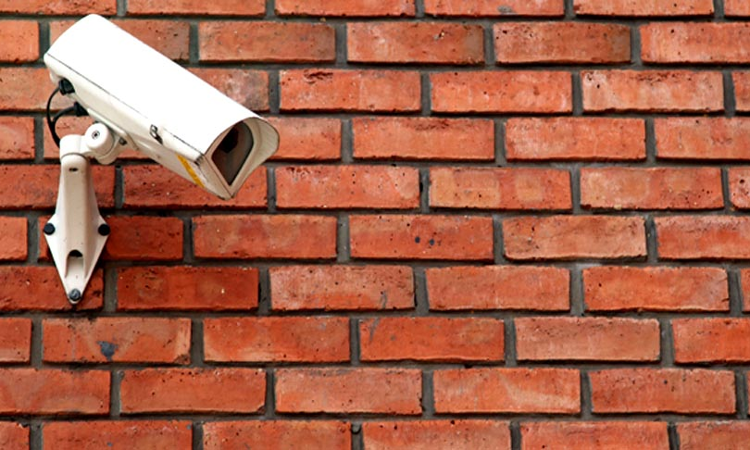Production Of Police Station CCTV Footage Can't Be Ordered At The Drop Of A Hat Compromising Secrecy Of Other Investigations: Calcutta High Court
Sparsh Upadhyay
1 Feb 2021 5:34 PM IST

CCTV footage of police stations, although undoubtedly necessary in the event there are specific allegations and prima facie material regarding custodial torture, cannot be directed at the drop of a hat, thereby compromising the secrecy of other investigations going on in the concerned police station: Calcutta High Court
Next Story


